The Obstacles
REASONS
Reasons for the Obstacles
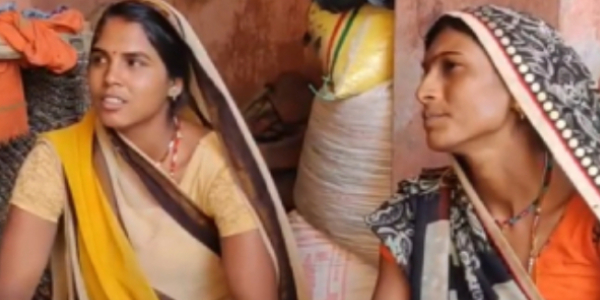
Social Stigma
For centuries, menstruation has been considered a social stigma. To this day in many areas, women on their period are not allowed in temples, in their kitchens, and are themselves untouchable.
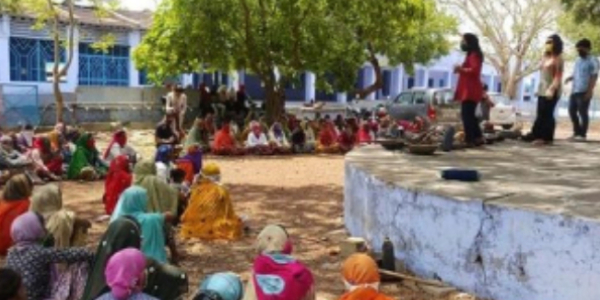
Unhygenic Practices
Lack of education leads to unhygienic practices by women. Making use of makeshift materials such as old cloths, paper rags, hay, and sand, leading to serious health problems.
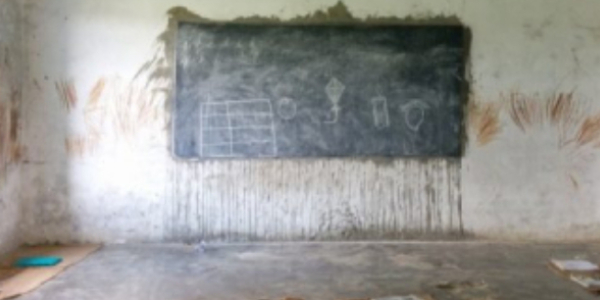
Absenteeism
Girls are currently missing up twenty percent of their education, thereby increasing the chance of dropping out of school or being pulled into child marriages.
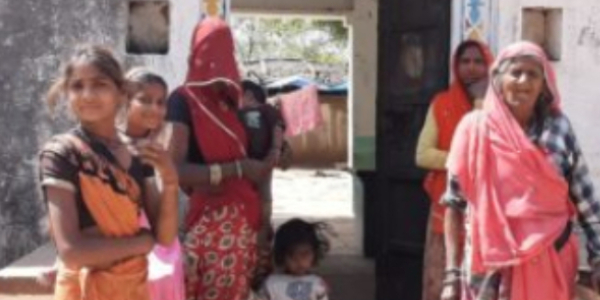
Backward Thinking
Women do not have job opportunities or have to skip work or leave early in order to prevent others from finding out their sin, thus limiting their career growth.
Vertical & Segments

Dignity and Human Rights
Source:Understanding Menstrual Hygine Management and Human Rights, Human Rights Watch
For the majority of women, their dignity, safety and livelihood is closely tied to their menstrual struggles every month. In the absence of proper sanitation facilities, a large number of women are daily wage laborers and go defecate at night and take a bath in the open near the water source. When women and girls face difficulties in managing their menstruation, their human rights and equality is threatened.

Tribal Women
Source: Statistical Profile of Scheduled Tribes in India 2013, Ministry of Tribal Affairs
Being a Part of a Larger Tribal Population of more than 50 Million women, struggling for Basics, tribal women face the burnt lack of nutrition, education, early child bearing and reproductive health complications. Practices like Menstrual Huts are still largely prevalent in these communities.
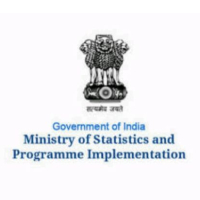
Women with Mental & Physical Disabilities
Source:Disable Person in India: A Statistical Profile 2016, Ministry of Statistics and Program Implementation
Parents of Disabled girls consider having their daughters uterus removed to avoid sanitation problems arising when the girl would menstruate. Out of about 18 million disabled women in India, 22% of women below the age of 35 years had their uterus surgically removed

Health and Hygiene of Women
Source:World Health Organization
India accounts for 27% of the worlds cervical cancer deaths, almost twice the global average. Poor menstrual hygiene is partly to blame.
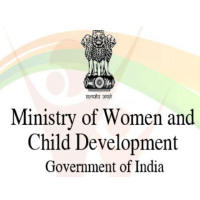
Women in Sex Work
Source: UN, Annual Report 2007 08 Ministry of WCD
More than 3 Million women are involved in sex work in India. They suffer from yeast infections and vaginitis. Only half of all women in developing regions like India receive the recommended amount of healthcare they need. In the case of sex workers, even information about healthcare is absent.

Migrant Laborer Women
Source: Census of India 2001, Migration, Ministry of Home Affairs
Close to 70 million migrant women face many difficulties like the lack of privacy and facilities to manage their menstruation. They often live in cramped unhygienic surroundings, using unclean, poorly lit, shared toilets, or are forced to go into the open for defecation. Domestic workers are not allowed to use the toilets in the houses where they work, even when they are menstruating, despite cleaning those toilets themselves

